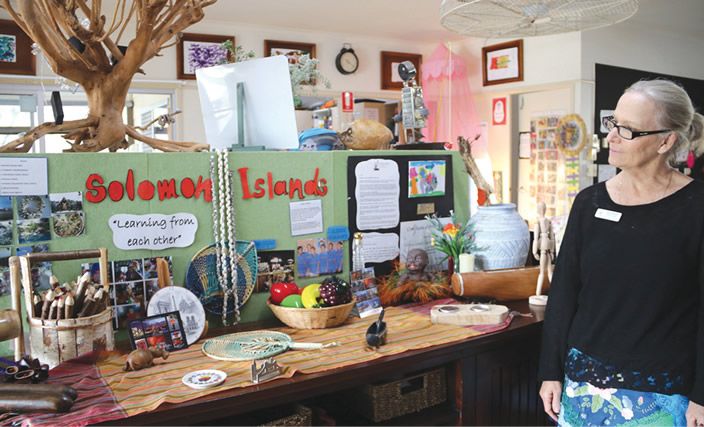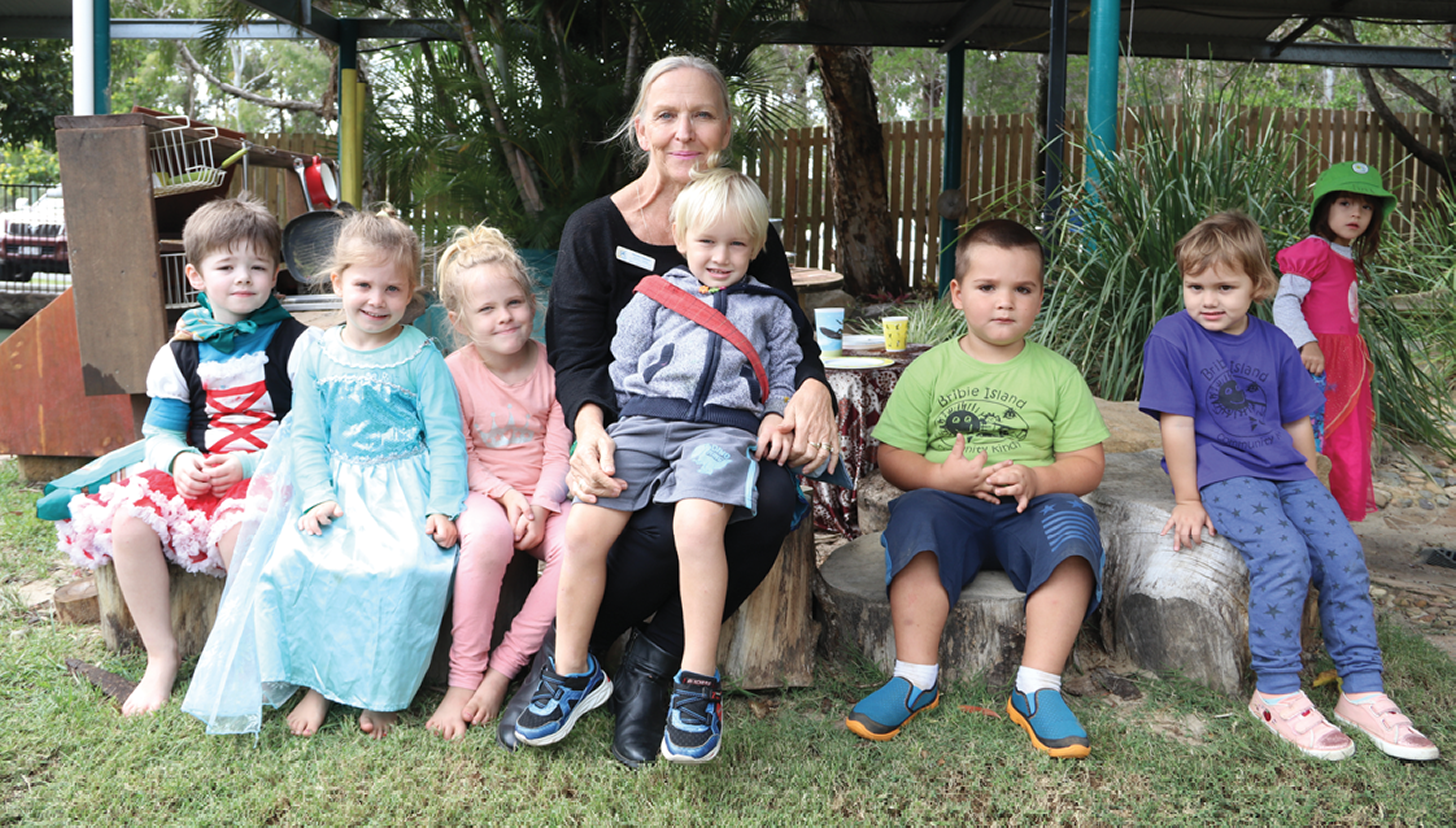
A kindergarten in Queensland has developed a program that is dedicated to exposing its students to a wide range of cultural experiences with a focus on valuing and respecting diversity. Journalist Sara El Sayed looks at how kindergartens can instil these values in children at an early age.
Bribie Island Community Kindergarten has developed partnerships with Pikinini Family Playground in the Solomon Islands and Kirdi Mayarr Day Care on Mornington Island through which learning experiences are shared among both students and educators. Educators at the centre believe that all children have the potential and desire to find connections and meaning in all they experience.
Bribie Island Community Kindergarten Director Narelle Dawson said that educators at the centre are committed to expanding their students’ world view and cultural understanding through the centre’s partnership with Pikinini Family Playground in the Solomon Islands and Kirdi Mayarr Day Care on Mornington Island.
“Sharing of cultural experiences and values help shape the way we see ourselves, so exposing our children to learning across cultures promotes valuing and respecting diversity and encourages our children to see differences as common and positive,” Narelle said.
By connecting virtually via Skype, children at Bribie Island Community Kindergarten are able to see how children at their partner centres play and learn.
“It is important for our children to see that children all over the world play in similar ways and have similar interests to them,” she said.
Educators from the Bribie Island Community Kindergarten have participated in a teacher exchange with Pikinini Family Playground and Kirdi Mayarr Day Care – visiting their partner centres as well as having educators from those centres take part in reciprocal visits.
Promoting cultural competence
Becoming culturally competent is an expectation of the National Quality Framework (NQF) and features strongly in the Early Years Learning Framework (EYLF), which defines cultural competence as the ability to understand, communicate with, and effectively interact with people across cultures and explains that cultural competence is our capacity to:
• be aware of our own world view
• develop positive attitudes towards cultural differences
• gain knowledge of different cultural practices and world views, and
• develop skills for communication and interaction across cultures.
Narelle said their practice of sharing learning experiences across cultures has allowed both the children and educators at the centre to gain a connection to a wider life view.
“It has created a wonder and desire for us to learn about how other children live and play in culturally different environments.
“It has given everyone at our centre a wider sense of belonging that extends across oceans.”
Academics agree that when children know more about understanding and respecting varied cultural ways of being, they are able to effectively contribute to building a greater sense of belonging for all, and to live in a society that values diversity. According to Queensland Studies Authority’s Queensland Kindergarten Learning Guideline, children’s participation in all aspects of early years programs encourages their development of tolerance, compassion and understanding, with carefully planned environments having the ability to engage and enable children to build deep understanding.








































































































































